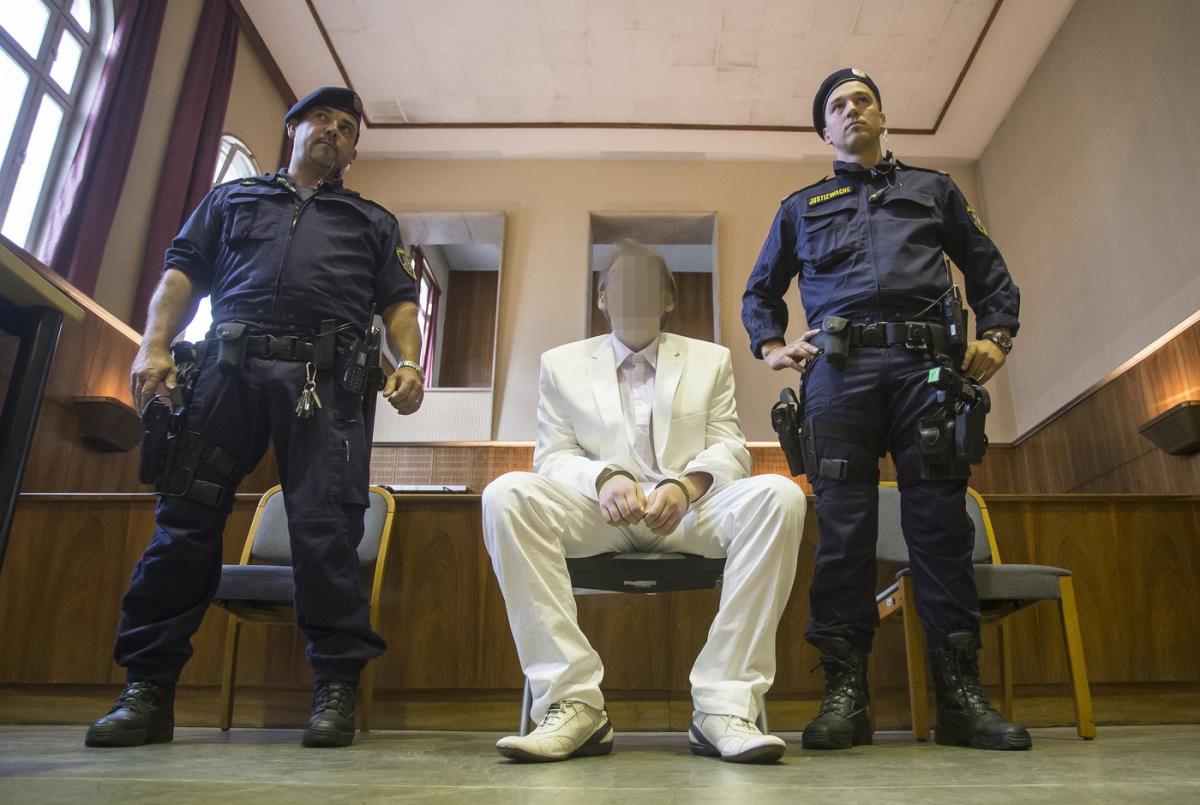The school massacre in Graz occurred on the eve of the tenth anniversary of a previous attack in the city, carried out by Alen Rizvanović, a 26-year-old truck driver. Rizvanović, ten years ago on June 20, drove a jeep at high speed, killing three and injuring 43 people in the center of Graz. After exiting the vehicle, he stabbed two more people with a knife before being subdued and arrested. He was sentenced to life imprisonment but committed suicide in his prison cell. Rizvanović had a history of domestic violence and was banned from approaching his wife and children; he possessed a semi-automatic rifle that was confiscated. Austrian police found no evidence that the attack was motivated by religious beliefs, but media later reported he was active on social media with followers linked to radical Islamists. Today, a new massacre occurred at a school in Graz, with at least eight people killed, and the attacker committed suicide.
Political Perspectives:
Left: Left-leaning outlets emphasize the social and psychological background of the attacker, highlighting issues such as domestic violence, mental health, and the failure of authorities to prevent the tragedy. They often focus on the need for better social support systems and criticize the stigmatization of minorities. The religious or ideological motives are downplayed or presented as secondary.
Center: Centrist sources report the facts of the attack with a focus on the timeline and legal outcomes. They provide balanced coverage including the attacker’s background, the police investigation, and the official statements denying religious motives. The emphasis is on public safety, law enforcement response, and the impact on the community.
Right: Right-leaning media stress the potential links to radical Islamism and the attacker’s connections on social media with extremist groups. They highlight security failures, immigration issues, and the threat of Islamist terrorism. The narrative often calls for stricter immigration controls and stronger law enforcement measures.

















